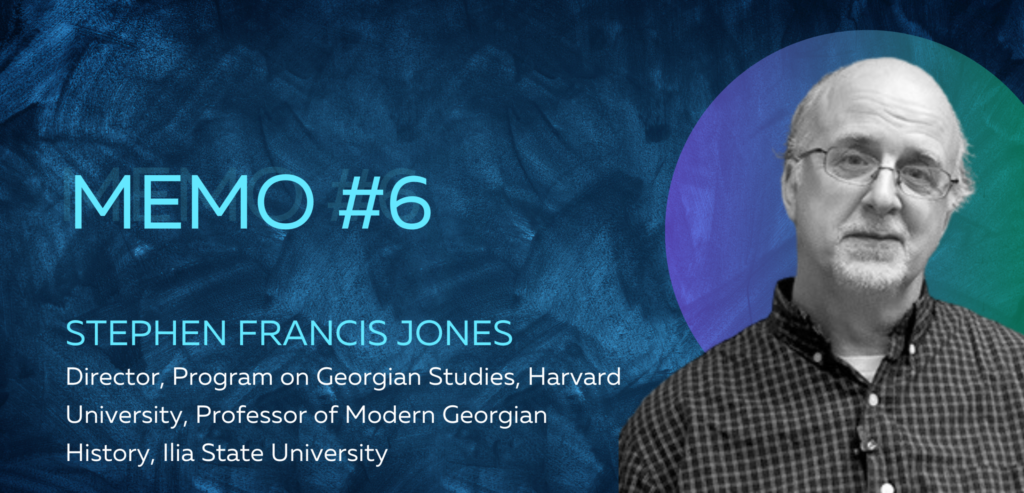“We need to explore alternative models which emphasize participation and control by citizens outside national institutions located in the capital and controlled by connected political elites. It is time to rethink failed election-centered majoritarian models.”
– Stephen Francis Jones
What characteristic of democracies deserve greater awareness or appreciation?
Read Stephen Francis Jones’s answer:
Renewing democracy: Democracy is dangerous because it opposes those that have against those who want. It is fickle – in polarized democracies one set of people’s representatives may overturn the values and principles of another set. It is deceptive – it promises and very often fails to deliver. It is porous, manipulable by elites and autocrats seeking popular legitimacy. And it is slippery, hard to define, and hard to hold onto. Yet democracy, despite its complications, is the best place for a human being even if it never matches expectations. It provides the best security, the best choices, the best laws, the best ethics, and the best means of survival on an increasingly treacherous planet. Unaccountable power – in the form of states, corporations, machines, and leaders (civil or military) – is the central threat to democracy. Democracy is resistance to the swelling of such power. But resistance is insufficient on its own – democracy protection requires informed citizens, public access to power (economic as well as political), accountable public servants, removable leaders, and regulation of new threats like AI and environmental degradation.
Many of our established democracies, like the US, France and Italy have revealed how vulnerable we are to demagoguery despite the lessons of the 1930s. Populist leaders have learned how to undermine democracy without overtly challenging it or using violence on the streets. Getting the right people in place – in electoral commissions, in the media, in the judiciary, in the universities – avoids the need to take any drastic action. Scapegoats like “foreign agents,” conspiracies, NGOs, sexual and religious minorities are the tools of fear through which ersatz democrats control their voters. Elections in the hands of ersatz democrats are mechanisms for the reinforcement of state authority, and inadequate as a means for change. The majority of “the people” want democracy – they ask for it or want to keep it. But what they get is a quasi-democratic system designed to deprive them of influence.
The democratic model propagated by Western states focuses on minimizing state power and promoting multiple parties with free elections every few years. This is a failed model which in some European states as well as the new democracies, preserves an electoral (and economic) oligarchy that fails to empower citizens. Economic power when in the hands of a minority, is a muscular mechanism for the exclusion of citizens from political participation. The weary and predictable electoral systems have contributed to features which undermine democracy – disillusion, low trust, minimal participation, populist sloganeering, poorly informed citizens, and a lack of transparency. There are more effective and novel ways of stimulating participation, improving accountability, and outcomes than parliamentary elections once every four or five years. We need to explore alternative models which emphasize participation and control by citizens outside national institutions located in the capital and controlled by connected political elites. It is time to rethink failed election-centered majoritarian models.
